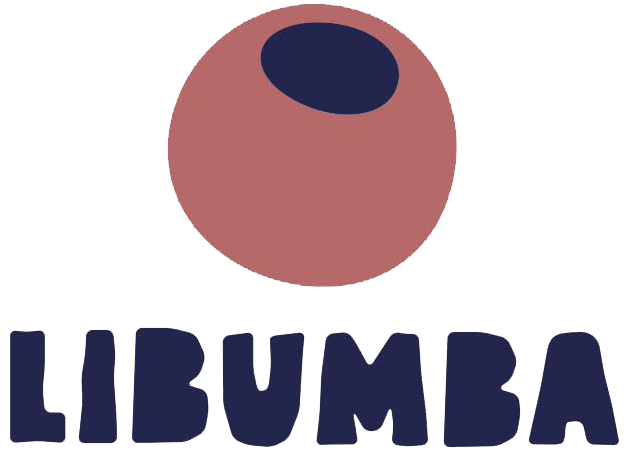Dona Georgina Wane
I was born in 1950 and when I was eighteen years old, I started to work with clay with my mother. At that time, clay was the only sustainable way to live and I used to travel to exchange pieces for food.
I didn’t have biological children but clay gave me other children to take care of and to teach this technique, I also received people from other countries that came to learn with me. Herein I realise that although I have not studied much, through my hands I could be a teacher!
With clay I built my own house and educated my siblings. For all of this I say that “clay is life”.
Dona Helena
When I was 28, I returned to my homeland, Mutamba. People told me that the only way of surviving was pottery. With a broken marriage and four kids to raise I didn’t have another option.
I learned by watching other people and soon I decided to look for clay and start. What I was able to do was just enough to feed my children.
Fortunately, opportunities came, I learnt new techniques and I got a certificate and today, here I am in Libumba. I had three more kids and I taught them to work with clay. So you see, for me, clay is important because it is part of us, Mutamba people.
Dona Zaida
At 12 years old I would go to the river to collect clay with my mother and two older sisters. I always enjoyed working with clay. It feels good, I feel proud and it comes naturally to me.
I have 5 children, a boy and four girls. I taught my daughters the same way my mother taught me and I was even able to buy land for myself and my children because of clay. My son studied environmental management in Massinga because of clay. My daughters started to go to the river at a younger age than me because life is much harder now. They know how to work with clay but they are pursuing other professions.You see, with clay, I don’t need a man. I don’t want one anymore, I’m retired.
Dona Amélia
I started to work with clay when I was 13 years old. I used to go with my mother to the river to collect clay. The mothers would carry the basins on their heads, they would give me a little plate.I observed the whole process, imitating step by step. People burned it in a traditional way, in a fire called Chitalla, which means “fire to burn clay.”
I didn’t have the opportunity to teach my kids because I separated from my husband in 1999 and my 11 kids stayed with their father. The tradition demands it. 5 died from illness and another one was killed by his wife. I’m still grieving. I didn’t teach them but I taught my sisters, cousins and many neighbours. I like to teach because it reminds me how I learned from my mother. My mother always said “learn this because it is what is going to sustain you”. Along with my vegetable garden, clay has sustained me my entire life.
Dona Melita
I learned to work with clay when I was 11, my aunt taught me because my mother didn’t know. In the beginning I was just collecting clay from the river and making small pots and then for ten years I didn’t touch clay. When I started pottery again at 25 years old, I tried to do business but it was hard to make a decent living so I searched for other jobs.
Now I can live from clay. I clean and prepare it and I’m making pieces again, slowly. I enjoy learning and I have the drive to make more pieces and that will help me and my family. People from Mutamba are proud of their tradition and they are always passing their knowledge to their children. Many young people are searching for a better life but if they could earn a fair wage they will come home to work with clay. It would be a beautiful thing to see.
When I’m working with clay I feel good, I feel proud of myself… and of the clay.
Dona Carolina
I don’t know my age and I didn’t go to school but I remember the civil war (ended in 1992). I am originally from Cumbana and we don’t have clay, we only farm. I only learned when my family came to Mutamba. I started to clean clay in about 2015 and I am now learning to make pieces. Before all I knew was my vegetable garden and it was what I most enjoyed, now that I am working with clay I want to learn more, I feel good. One day I would like to make pieces like my colleagues. When I can finish a piece, I feel proud of myself.
I have 5 children, the two older ones are already working with clay and producing bricks with their father. They study and work with clay. Life has become a bit better since I started to clean clay. We like living in Mutamba, my family is happy.






